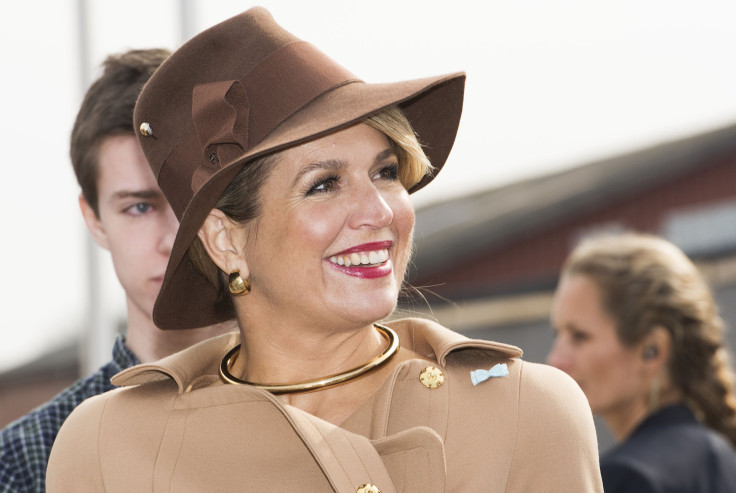International Day of Happiness: Who Are Europe’s Happiest People?

In celebration of the International Day of Happiness, the European Union released a report on happiness (and unhappiness) across the EU, based on a survey taken across the bloc in 2013. The report may support the saying “money can’t buy happiness,” because based on what Europeans said, good health is far more important to one's sense of contentment.
The survey asked respondents to rate their overall life satisfaction on a scale of 0 to 10 and offer some socioeconomic information so statisticians could determine what makes Europeans happy and what does not. Those Europeans who reported “very good health” were easily the happiest of all, rating their happiness at 7.9 out of 10, or 0.8 points higher than the EU-wide average. Europe’s highest income earners rated their happiness at 7.5 out of 10, while those with a full-time job, having “someone to rely on in case of need,” and “living in a household with dependent children” rated their happiness at 7.2 or higher on average.
But you’d be surprised if you thought that residents of the sunny, Mediterranean European countries were the most satisfied with life. Based on the survey, Northern Europeans are far more satisfied. More specifically, respondents in Denmark, Sweden, Finland and Switzerland said they were the happiest overall of any respondents, rating their happiness an average of 8 out of 10. Norwegians and Icelanders gave themselves a 7.9, while Austrians and the Dutch were also quite happy, giving themselves a 7.8 rating.
Least happy were the Bulgarians, Serbians, Greeks, Cyprians, Hungarians and Portuguese. Bulgarians rated their happiness at 4.8, Serbians 4.9, and each of the other four least satisfied states averaged 6.2 out of 10. Bulgaria and Serbia’s low life satisfaction is likely linked to the Balkans region's slow recovery from the breakup of Yugoslavia in the early 1990s and the subsequent wars fought there. Non-EU Balkans states like Montenegro, Albania and Macedonia were not surveyed, but with similar socioeconomic conditions as Serbia, life satisfaction is likely similar. Serbia and Montenegro, as well as Turkey, are currently negotiating accession to the EU.
The most satisfied of all Europeans were Danish people ages 65-74, or the years following the state-designated retirement age of 65, but generally the younger a person was, the happier they were. Europeans from ages 16 to 24 rated their happiness a 7.6 out of 10 on average, but that number dropped steadily through to Eurostat’s oldest demographic, 75 or older, which averaged a 6.8 rating.
Men and women on average scored similarly in overall happiness, with a 7.1 and 7.0 score, respectively. The EU has sought to expand its measure of happiness in recent years beyond gross domestic product alone, which the European Economic and Social Committee said in a “happiness conference" last year “takes no account either of environmental and sustainability stands or of distributive justice.”
© Copyright IBTimes 2025. All rights reserved.






















